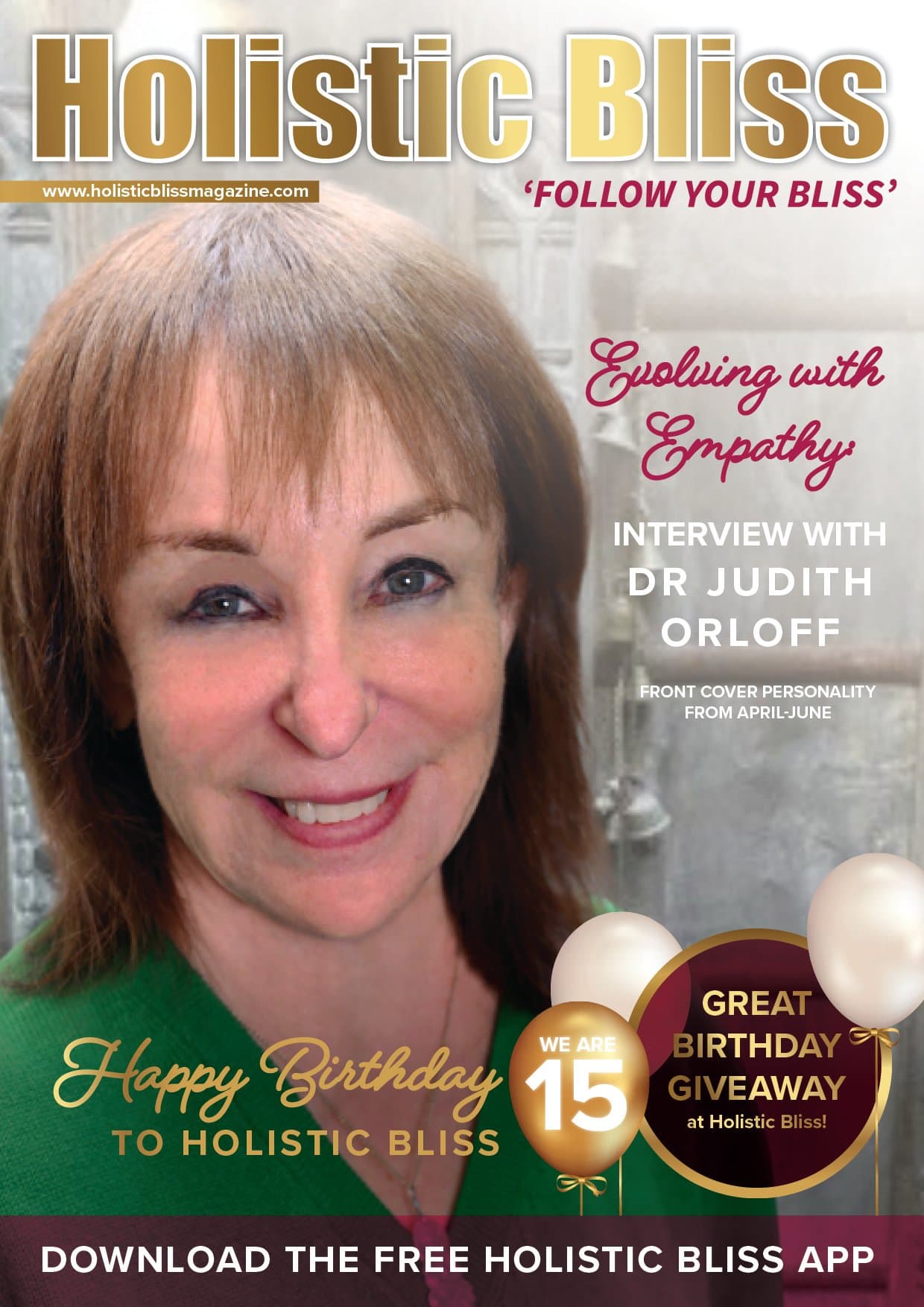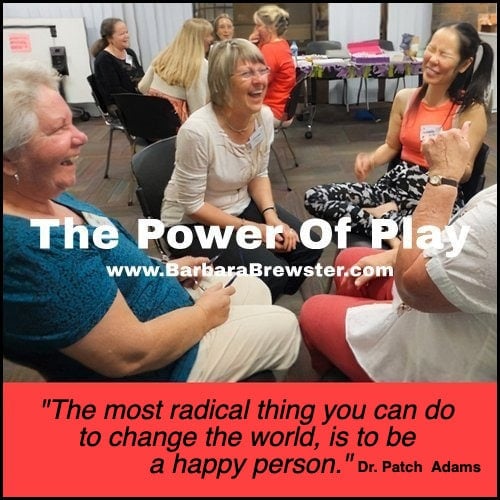Parenting can be a beautiful, terrifying, exhausting and liberating experience, one that doesn’t come with a procedure manual and all too often we find ourselves wading through unfamiliar waters, exasperated, and wondering where we “went wrong”.
The truth of the matter is, there isn’t a “right” or “wrong” way to raise children, but a conscious parenting journey is often a more comfortable, aligned and mutually beneficial experience for everyone involved.
A conscious parenting journey means when we encounter a challenge with our children, instead of looking outwards in blame (i.e., what is wrong with my child), we look inwards to examine what is being triggered within us and uncover what we may be unconsciously contributing to the issue (i.e., how can I adjust my reactions, behaviour to manage this situation more effectively).
For example, Peter is 5 years old and displaying increasing resistance to eat his dinner, the more defiant he becomes, the more attention he is receiving at the dinner table every night. Both parents’ focus is on Peter at the dinner table as they attempt to encourage, coerce, and even threaten Peter into eating his dinner. The more Peter escalates, the more his parents escalate, and dinner becomes a nightmare. Meanwhile Peter’s siblings (one older and one younger) are essentially ignored at mealtimes, and they receive little to no attention for willingly and eagerly eating their dinner. Over time Peter’s siblings may learn that dinner time is chaotic and either withdraw, escalate, or even begin to refuse to eat. Peter learns by watching his parents escalate that this behaviour is normal and therefore it becomes more reinforced, and a vicious cycle begins.
Peter’s Dad feels that he was always forced to eat his meals and he was better for it, therefore he takes a firm disciplinary approach. Peter’s mum worries about his health and was taught never to waste food so she responds very anxiously. Both Mum & Dad are playing out their own childhood programming to influence/control their child’s behaviour but unfortunately, it isn’t working.
A conscious parenting approach to this situation would suggest that in the first instance both Mum & Dad would examine their own feelings and natural reactions to Peter’s dinner refusal. They would work together to get on the same page about what was important and how to have a uniformed approach to dinner time. Ideally, they would spend time trying to understand how Peter is feeling about dinner to identify if there is something going on emotionally or physically that may be influencing his behaviour. They would continue to offer food to Peter at dinner time and ideally even get him involved in food preparation and allow some healthy choices for Peter to select from, i.e., “you can choose from carrot, corn and/or potato, what would you like Peter?”
Most importantly Peter’s parents would focus on praising and recognising his siblings for the way that they are eating their dinner, creating a positive and relaxed environment at the dinner table so that all family members look forward to this tradition of connection and nutrition. In truth, unless Peter has a more serious issue that would require expert support, it is likely that he will come around and start to engage in dinner again when he sees the preferred behaviour role modelled to him regularly.
It is important to remember that children and young people are still learning to self-regulate and in theory adults, should have already learned this skill. Therefore if a child’s behaviour escalates, a conscious parent knows that it’s ideal to offset the child’s conduct by staying calm and grounded and role modelling to the child the desired skills, rather than escalating with them which only teaches them that raising one’s voice and/or getting angry is acceptable behaviour.
Children learn from what we do, not what we say hence the saying “monkey see, monkey do”, they are watching our body language, listening to our tone of voice, and always reading the environment. How we react and respond to them and each other not only provides reference points for them about how things are managed, but it also programs their impressionable unconscious mind, setting them up for a lifetime of beliefs and behaviours.
And in turn can build a secure sense of themselves which they can take into adulthood.
To find out more info and to book an appointment with Jodee, please visit: https://www.instagram.com/jodeemarqueshhwb/










Add comment